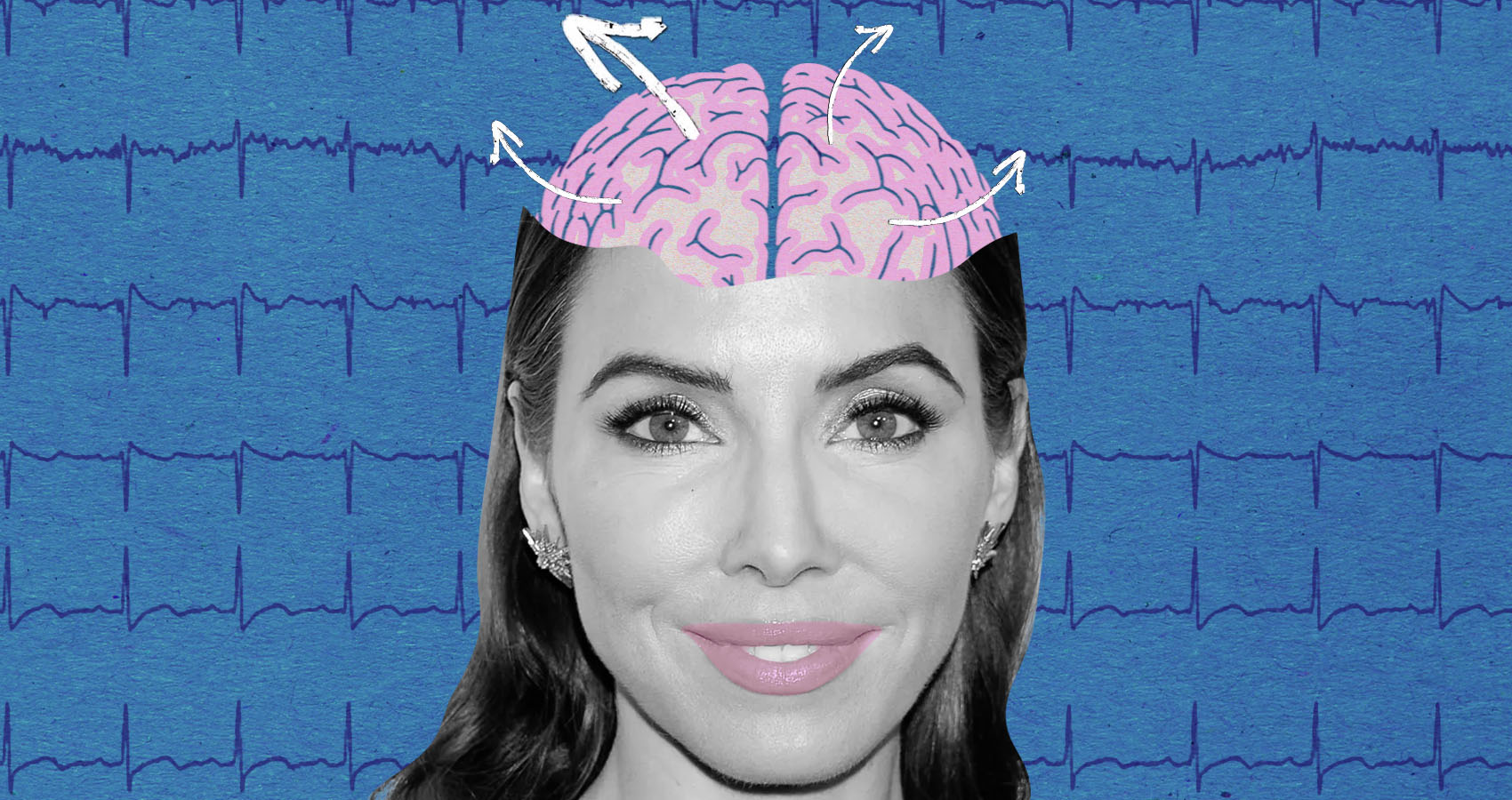
Clarifying the Myths: 10 Common Misconceptions about ECG-EEG Tests
The truth behind these essential medical procedures.
Tests for electroencephalograms (EEGs) and cardiograms (ECGs) are essential diagnostic instruments that evaluate the brain's and heart's electrical activity, respectively. Even though these tests are essential for medical diagnosis, there are a lot of common misconceptions about them that can cause confusion and false information.
This article will debunk ten common misconceptions about ECG-EEG tests, shedding light on the accurate information behind these essential medical procedures.
1. Misconception: ECG and EEG are the Same Thing
A common misperception is that the Electrocardiogram (ECG) and Electroencephalogram (EEG) tests are equivalent or have the same function. Actually, several facets of the body's electrical activity are the subject of these tests.
The heart's electrical activity is captured by an ECG, which also measures the heart's contraction intensity and regularity. Conversely, an EEG tracks the electrical activity in the brain and aids in diagnosing neurological diseases, epilepsy, and seizures.
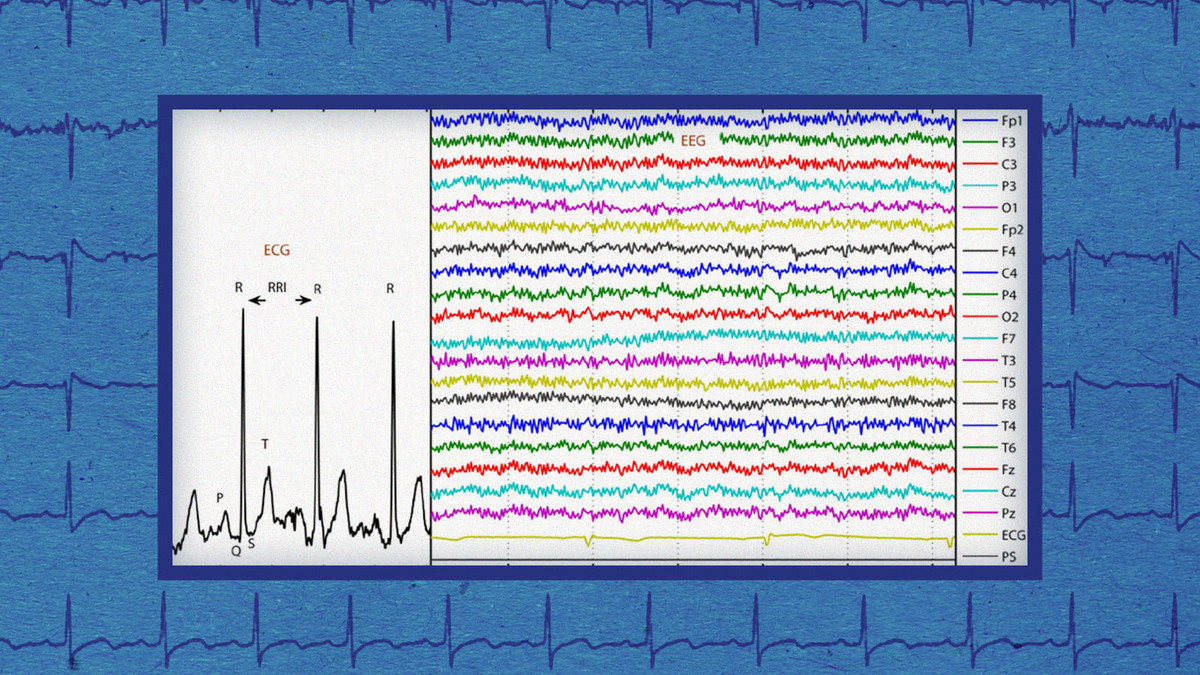
2. Misconception: ECG-EEG Tests are Painful
There's a widespread misperception that Seer Medical's ecg-eeg test hurts. Neither test causes any pain and is non-invasive. Electrodes are applied to the skin during an ECG to record the electrical signals from the heart, and electrodes are placed on the head during an EEG to monitor brain activity.
While placing the electrodes may cause some discomfort, the tests are usually painless and well-tolerated.
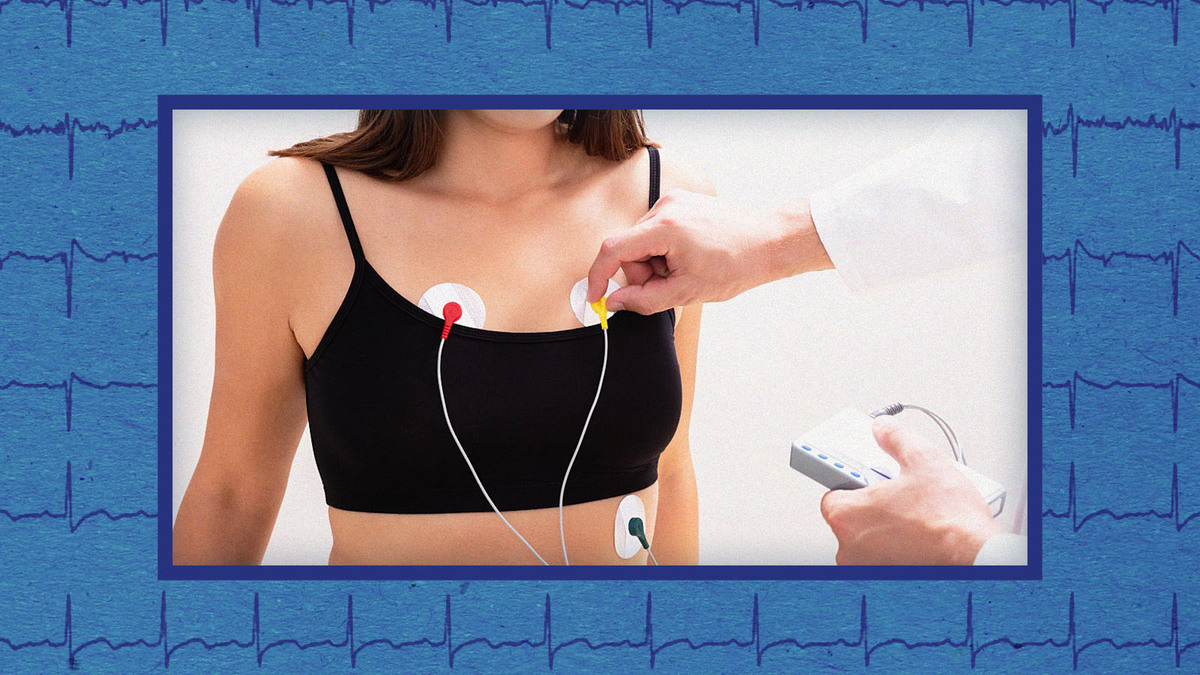
3. Misconception: ECG-EEG Tests are Only for the Elderly
Another myth is that only older people or those with pre-existing medical issues can undergo ECG-EEG testing. People of all ages—from newborns to adults—can be subjected to these examinations. While EEGs are frequently used to evaluate brain function in patients of various ages, including children and adolescents, ECGs may be carried out during normal check-ups.
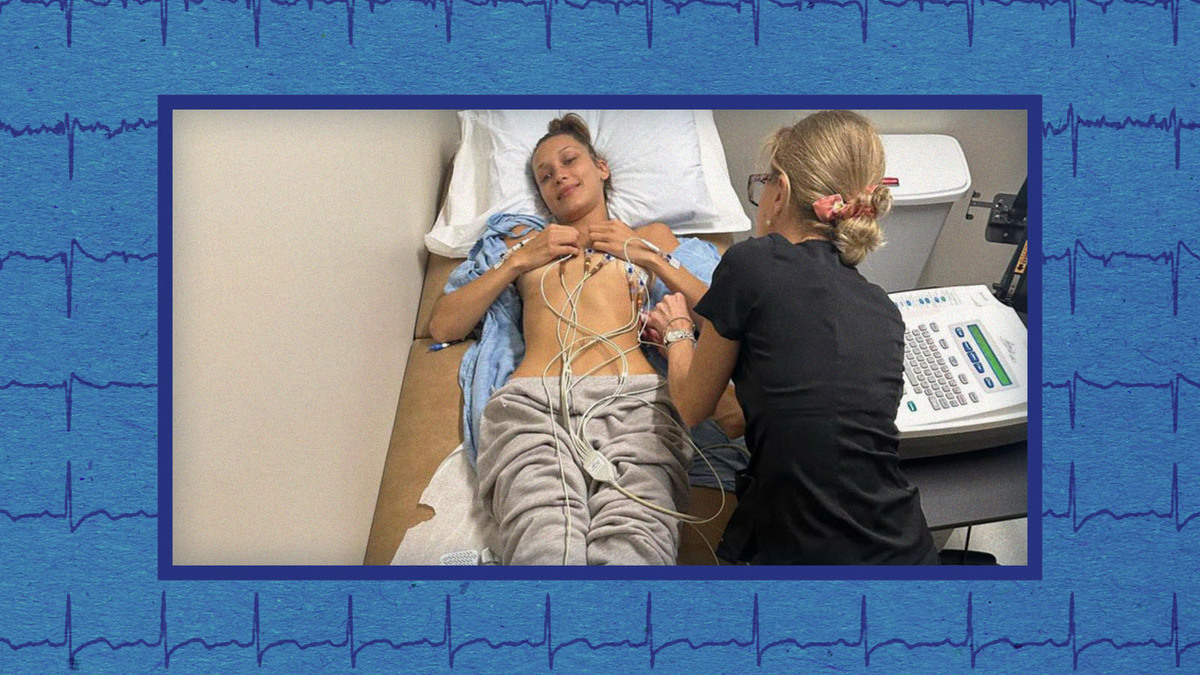
4. Misconception: ECG-EEG Tests are Only for Those with Symptoms
Some people think that ECG-EEG testing is only required for people who have particular symptoms, including seizures or chest pain. Nonetheless, these tests have several uses, such as regular screenings, tracking chronic illnesses, and evaluating general health.
Instead of just ordering these tests in reaction to obvious symptoms, doctors may prescribe them as a preventive precaution or as part of a thorough health examination.

5. Misconception: ECG-EEG Tests are Time-Consuming
One common misperception is that ECG-EEG testing takes a long period. Both exams are rather simple processes. An EEG can take anywhere from 20 to 60 minutes, depending on the test's requirements, while an ECG usually records the heart's electrical activity for a few minutes. Typically, patients can return to their regular activities after the tests.
6. Misconception: ECG-EEG Tests Only Detect Serious Conditions
Many think ECG-EEG testing is only used to identify serious or potentially fatal conditions. These tests are useful for detecting less severe problems and keeping track of general health. Still, they are also critical for spotting significant concerns like heart arrhythmias or epilepsy.
For example, routine ECGs are frequently used in preventive healthcare to identify and treat possible heart problems before they worsen.
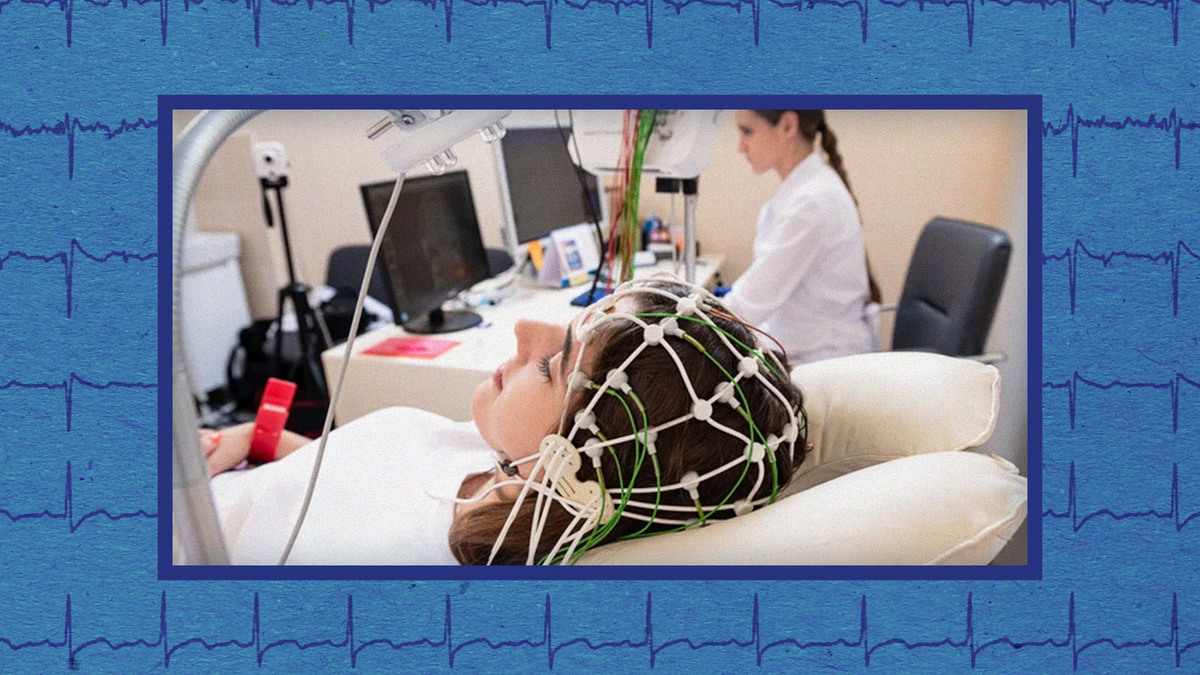
7. Misconception: ECG-EEG Tests Require Special Preparation
It's a common misperception that obtaining an ECG or EEG requires extensive planning or major lifestyle adjustments beforehand. In actuality, hardly any preparation is usually needed for either test. Patients may be instructed not to use lotions or creams for an ECG on the day of the test. Still, they may need to wash their hair before an EEG to achieve the best possible electrode contact. But they are simple preparations that don't interfere with day-to-day activities.
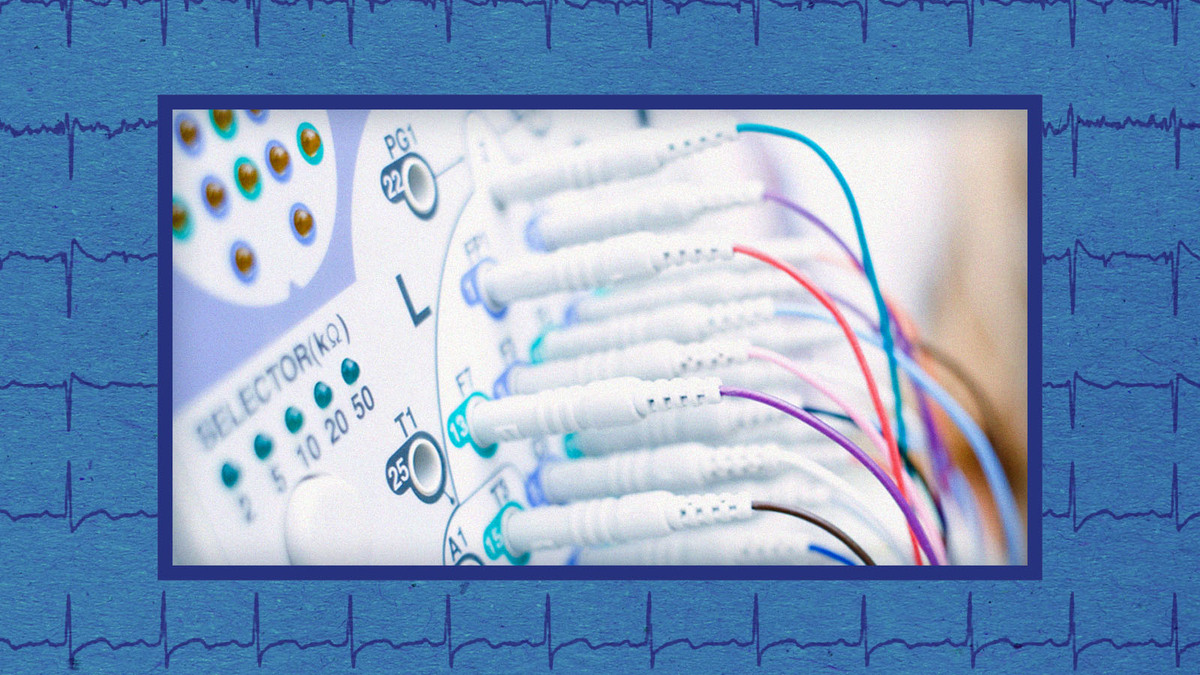
8. Misconception: ECG-EEG Tests are Only for Hospitals
Although ECG-EEG tests are frequently carried out in medical settings, they are not limited to them. These tests can be performed at outpatient clinics, diagnostic facilities, and primary care offices. Because of its accessibility, ECG-EEG tests can be used in a wider range of healthcare settings. Therefore, they are more widely available for routine screenings and diagnosis.
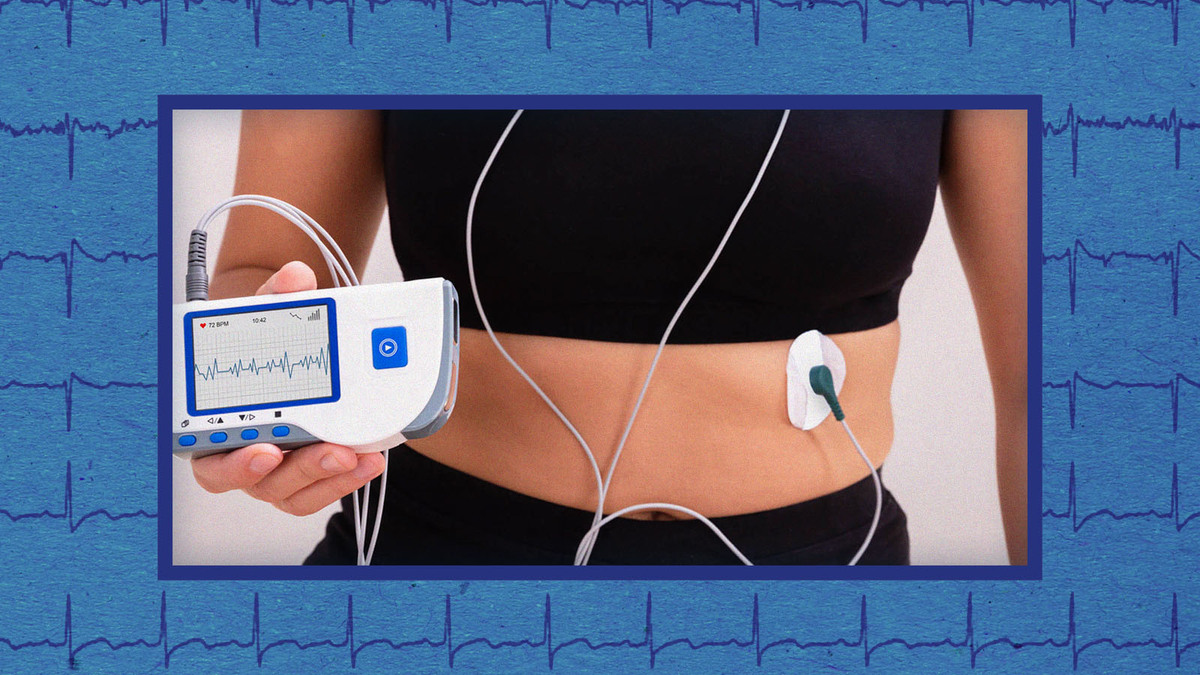
9. Misconception: ECG-EEG Tests are Always 100% Accurate
ECG-EEG examinations are useful diagnostic instruments, but there's a myth that they are perfect and always yield results that are 100% accurate. In actuality, ECG-EEG results might be interpreted differently, like any other medical test, and false positives or negatives can happen.
Healthcare experts with the necessary experience are needed for proper interpretation, as they consider the larger clinical context and may request more tests for confirmation.
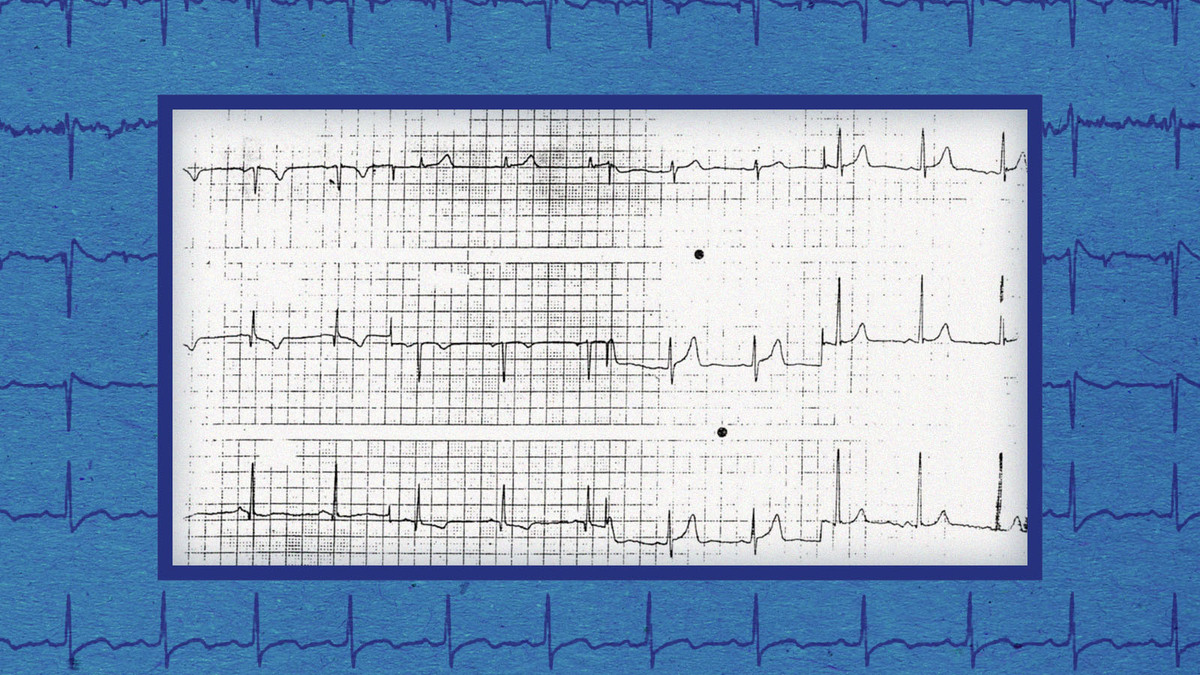
10. Misconception: ECG-EEG Tests are Obsolete in the Age of Advanced Imaging
Some people think that since improved imaging tools have emerged, ECG-EEG testing is no longer relevant. Nonetheless, these tests are still essential and reasonably priced medical instruments. Advanced imaging techniques provide more information, but ECG-EEG scans are fast, non-invasive, and provide vital information useful in various clinical settings.
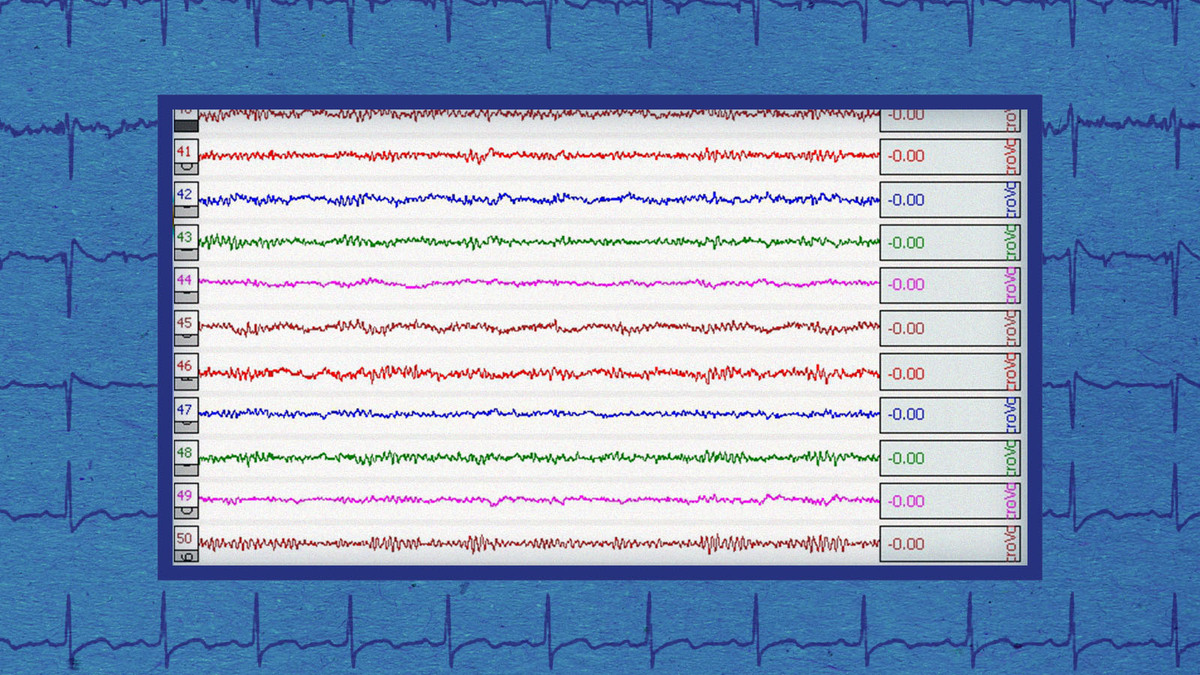
Demystifying ECG and EEG Tests - Empowering Health Understanding
Knowing the truth about popular myths regarding ECG-EEG testing is important to dispel unfounded worries and promote factual information. These tests are essential to diagnose and track various medical issues, which helps improve healthcare procedures.
People can confidently approach ECG-EEG testing and understand their importance in preserving general health and well-being by clearing any misconceptions.












